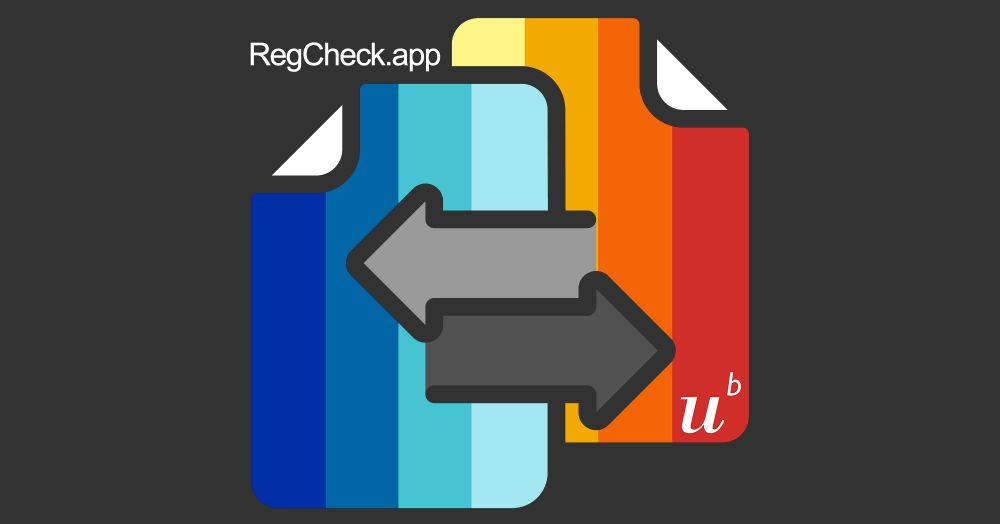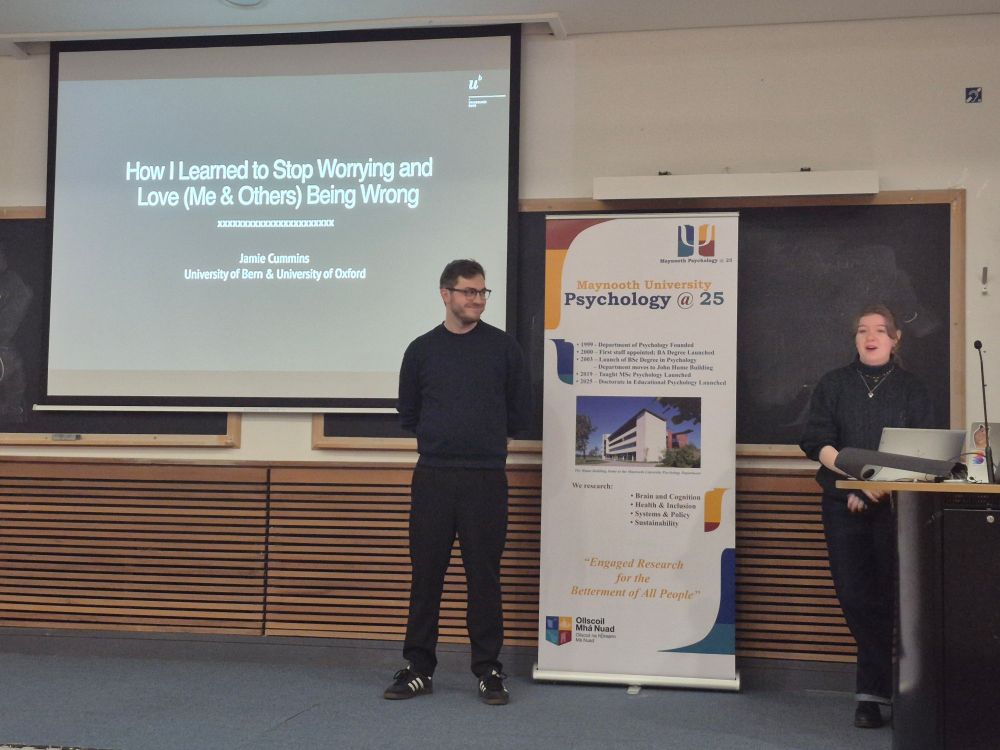Meta-scientist building tools to help other scientists. NLP, simulation, & LLMs.
Creator and developer of RegCheck (https://regcheck.app).
1/4 of @error.reviews.
🇮🇪

@malte.the100.ci @ianhussey.bsky.social @ruben.the100.ci @bjoernhommel.bsky.social
regcheck.app
A well-deserved recognition for her seminal efforts to improve scientific rigor, which includes instituting detailed checks for errors and computational reproducibility at Psychological Science.
A well-deserved recognition for her seminal efforts to improve scientific rigor, which includes instituting detailed checks for errors and computational reproducibility at Psychological Science.


Systematic reviews are considered the cornerstone of medicine. But some of the eligible trials that could be included might be problematic. They could get included.
#IRICSydney


Systematic reviews are considered the cornerstone of medicine. But some of the eligible trials that could be included might be problematic. They could get included.
#IRICSydney
Sharing data does not inherently increase trust, rather it enables verification which allows for trust calibration.
This example is a win. Serious issues were rapidly detected that would not have been without mandatory data sharing.

Sharing data does not inherently increase trust, rather it enables verification which allows for trust calibration.
This example is a win. Serious issues were rapidly detected that would not have been without mandatory data sharing.
ChatGPT-5.1 Thinking is the first model to do this successfully!



ChatGPT-5.1 Thinking is the first model to do this successfully!
@tomhardwicke.bsky.social
@tomhardwicke.bsky.social
They show that triangulation in science requires multiple robust lines of research.
Read the full opinion piece in @cp-neuron.bsky.social: spkl.io/63322AbxpA
@wiringthebrain.bsky.social, @statsepi.bsky.social, & @deevybee.bsky.social

They show that triangulation in science requires multiple robust lines of research.
Latest revelation: The story in When Prophecy Fails seems to have been fabricated in the most egregious way
But this is not the only one…
onlinelibrary.wiley.com/doi/abs/10.1...
Sincere thanks to Dr Cummins. #MUPsychologyAt25

Sincere thanks to Dr Cummins. #MUPsychologyAt25
But... can they? We don’t actually know.
In our new study, we develop a Computational Turing Test.
And our findings are striking:
LLMs may be far less human-like than we think.🧵

But... can they? We don’t actually know.
In our new study, we develop a Computational Turing Test.
And our findings are striking:
LLMs may be far less human-like than we think.🧵



But other scientists like Claus Wilke & Derek Lowe say biology is far more complex, or progress will be limited by clinical trials & economics.
In a new 4hr podcast episode of *Hard Drugs*, we answer: Will AI solve medicine?

But other scientists like Claus Wilke & Derek Lowe say biology is far more complex, or progress will be limited by clinical trials & economics.
In a new 4hr podcast episode of *Hard Drugs*, we answer: Will AI solve medicine?
Pictured: a collider bias diagram, inspired by a blocked pipe situation I experienced (which I credit with giving me the intuition though it also ruined my belongings in the flooded cellar).

Pictured: a collider bias diagram, inspired by a blocked pipe situation I experienced (which I credit with giving me the intuition though it also ruined my belongings in the flooded cellar).

Remaking article abstracts as movie trailers to expose hype and fearmongering.
Remaking article abstracts as movie trailers to expose hype and fearmongering.

What if you could design a protein never seen in nature?
Scientists are using new AI tools like RFDiffusion, AlphaFold & ProteinMPNN to hallucinate novel proteins to solve problems nature hasn't.
@jacobtref.bsky.social & I talk about the art of protein design 🧑🎨

What if you could design a protein never seen in nature?
Scientists are using new AI tools like RFDiffusion, AlphaFold & ProteinMPNN to hallucinate novel proteins to solve problems nature hasn't.
@jacobtref.bsky.social & I talk about the art of protein design 🧑🎨
Chocolate is more desirable than poop:
Cohen's d_rm = 6.20, 95%CI [5.63, 6.78]
N = 486, two single item 1-7 Likert scales of desirability.
w/
@jamiecummins.bsky.social
@jamiecummins.bsky.social and I are replicating Balcetis & Dunning's (2010) "chocolate is more desirable than poop" (Cohen's d = 4.52)
Let us known in the replies what effect size you think we'll find. Details of the study in the thread below.



